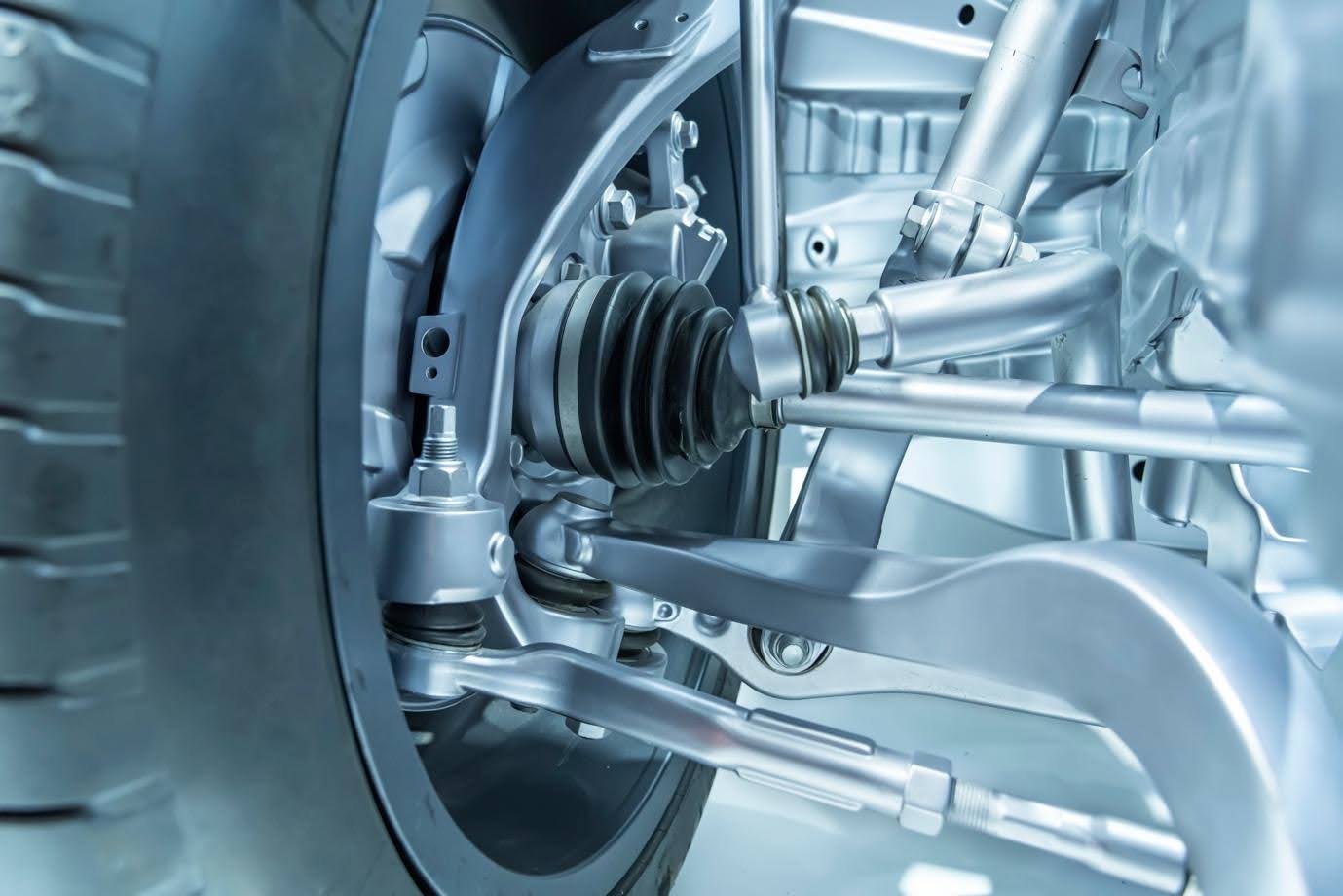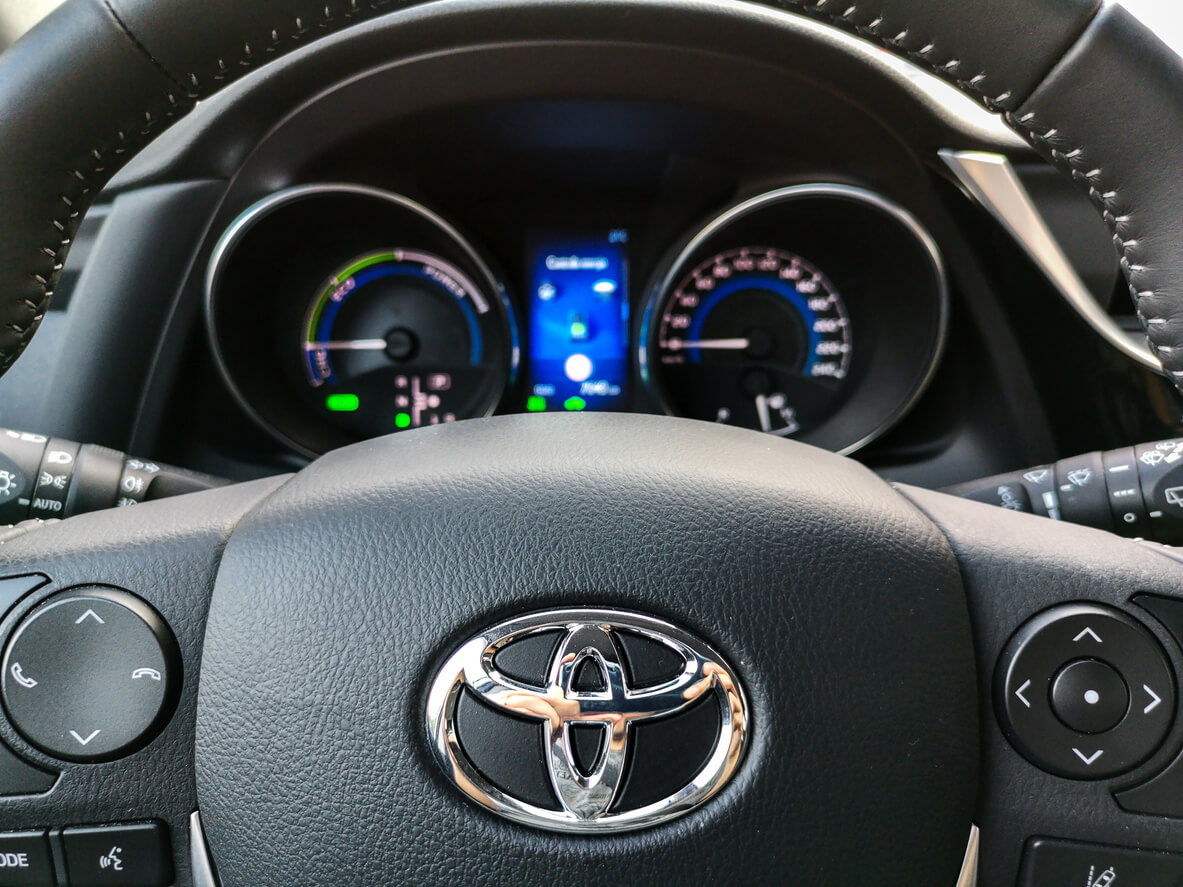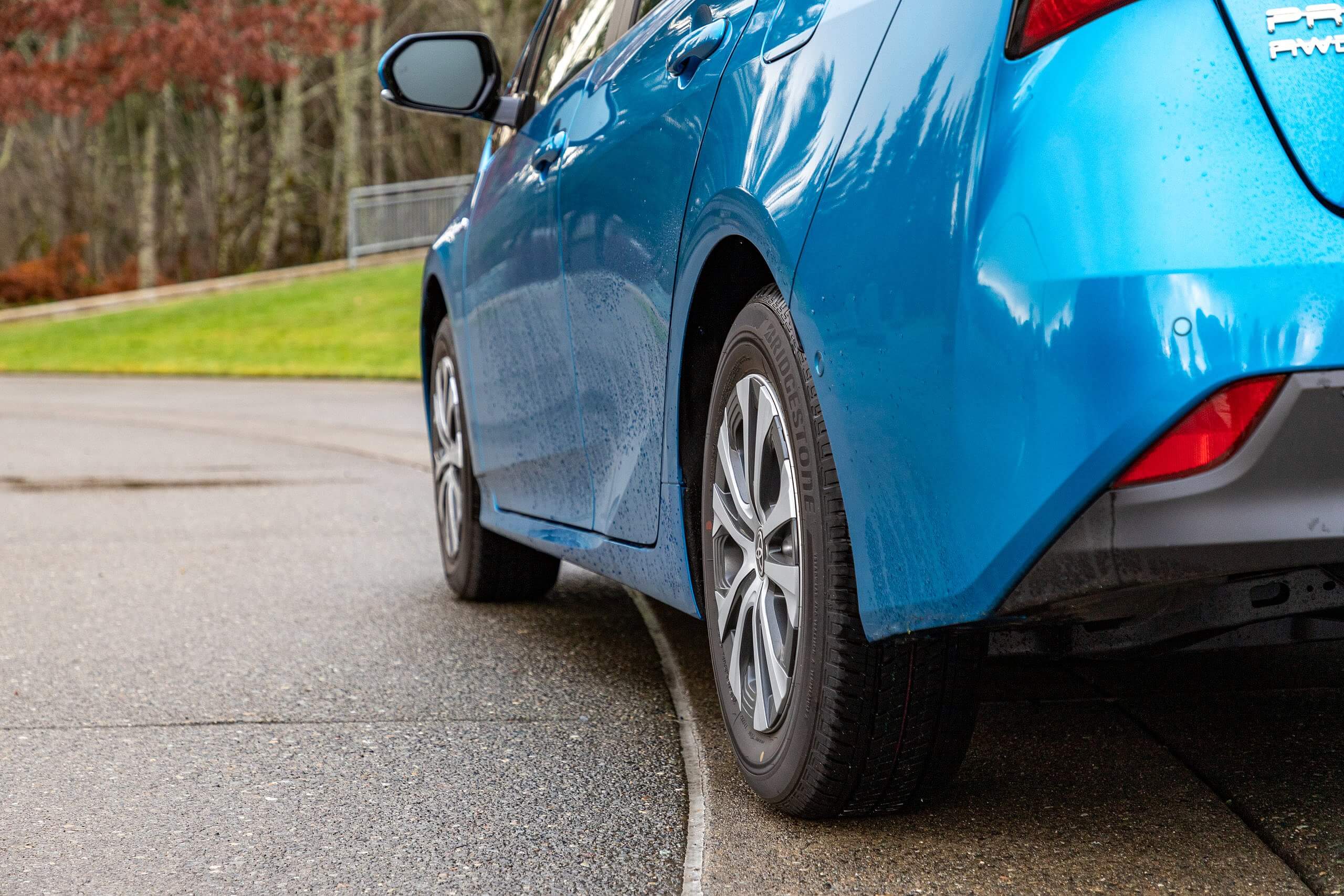The Japanese automaker has announced a mass recall after it was discovered that stability control fails to turn back on automatically after a vehicle is restarted.
History Behind The Recall
Both Toyota and Lexus models ranging between 2020 and 2022 model years are subject to a recall causing the stability control system to not switch back on.
A stability control software glitch means that if an owner were to turn off the feature during driving, the system would fail to automatically switch back on the next time the car is used. This results in non-compliance with US regulations and could potentially affect the safety and handling of the nearly 460,000 affected vehicles.
Stability control is a safety feature in vehicles designed to help maintain control during sudden maneuvers or slippery road conditions. It works by automatically applying brakes to individual wheels and, in some cases, adjusting engine power to prevent skidding or loss of control.
When stability control is switched off, it increases the risk of accidents, especially during emergency maneuvers or adverse weather conditions. Without stability control, the vehicle is more prone to oversteer, understeer, or even rollovers, as it lacks the assistance needed to counteract these dangerous situations.
Which Models Are Affected?
Many different models are affected by a recall, and most of them have at least one electric motor used within the powertrain. The recall affects various Toyota models from 2020 to 2022 including the Venza, Mirai, RAV4 Hybrid, RAV4 Prime, Sienna Hybrid, and Highlander Hybrid. Also, Lexus models such as LS500h, LX600, NX350h, and NX450h+ are a part of it. Along with the non-hybrid, fully combustion-powered LX 600.
What Happens Next
Owners will be notified about the recall before the end of June. The Japanese automaker will instruct owners to take the vehicle to their respective dealer where fixing this problem is relatively simple. A Toyota or Lexus technician will update the software in your vehicle’s stability control module. This will be completed for zero cost to owners.
If you think your car might be part of this recall and you need more info, you can call Toyota customer service at 1-800-331-4331. Mention recall number 22TA03 for Toyota and 22LA01 for Lexus.
How Owners Can Take Back Control
While recalls have been communicated to owners, many continue to be unhappy with the solutions provided by automakers. These problems have the potential to escalate into further legal action, just like this – underlining the importance of protecting consumer rights.
If you struggle with vehicle troubles and feel cornered against big vehicle brands, remember it is always better to have experts with you. With extensive experience and successful cases at hand, The Lemon Firm is your best bet. With the dedicated team members always at your disposal, the package becomes too good to be true. So, if your car is giving you a headache, don’t hesitate to reach out!






